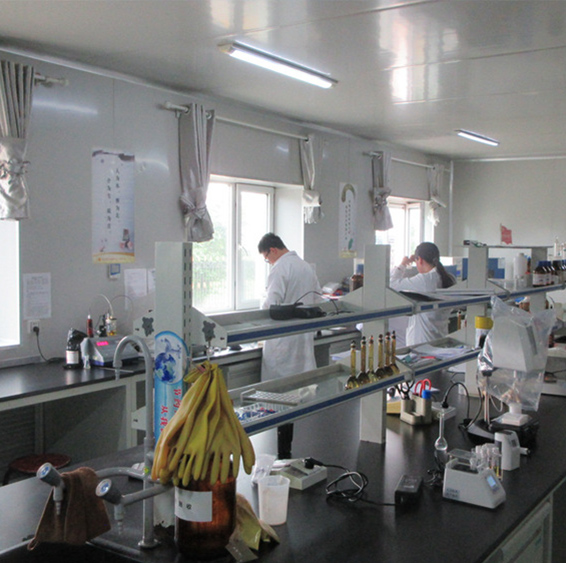
- +86-13363869198
- weimiaohb@126.com

Δεκ . 10, 2024 02:35 Back to list
Lidocaine Hydrochloride Overview and Applications in Medical Treatments and Pain Management
Lidocaine Hydrochloride An Overview
Lidocaine hydrochloride, a local anesthetic and antiarrhythmic agent, is a drug that plays a crucial role in both medical and dental procedures. With a Chemical Abstracts Service (CAS) number of 73-78-9, this compound has a well-established position in the pharmaceutical industry due to its efficacy and safety profile.
Chemical Composition and Properties
Lidocaine hydrochloride's chemical formula is C14H22N2O.HCl, and it has a molecular weight of 288.81 g/mol. It appears as a white or almost white crystalline powder that is soluble in water, making it easy to administer in various forms. As an amide-type local anesthetic, it is designed to block nerve conduction by inhibiting sodium channels. This action prevents the propagation of nerve impulses, which is essential during surgical procedures or in cases of acute pain management.
Mechanism of Action
The primary mode of action of lidocaine hydrochloride is its ability to stabilize the neuronal membrane by inhibiting sodium influx through voltage-gated sodium channels. By doing so, it effectively prevents the initiation and transmission of pain signals in the nervous system. The onset of anesthesia is rapid, typically occurring within minutes of administration, and its effects can last from one to several hours, depending on the dose and formulation used.
Clinical Applications
Lidocaine hydrochloride is widely utilized in various medical fields. In dentistry, it is often employed for local anesthesia during procedures such as fillings, extractions, and root canals. In the medical field, it serves multiple purposes, including
lidocaine hydrochloride cas 73-78-9

1. Surgical Anesthesia It is used to provide local anesthesia to specific areas during minor surgeries. 2. Cardiac Arrhythmias As an antiarrhythmic drug, it is administered intravenously to manage ventricular arrhythmias. 3. Pain Management Lidocaine patches and topical formulations are available for the treatment of chronic pain conditions, such as postherpetic neuralgia.
Side Effects and Precautions
While lidocaine hydrochloride is generally considered safe, it is not devoid of side effects. Common side effects include topical irritation, allergic reactions, and, in rare cases, systemic toxicity, which can manifest as seizures or cardiovascular complications. The risk of adverse effects increases with higher doses and improper administration.
It is crucial for healthcare providers to consider patient history and possible contraindications, such as allergies to local anesthetics or significant cardiovascular disease before administering lidocaine. Proper dosing and monitoring during procedures can minimize risks associated with its use.
Conclusion
Lidocaine hydrochloride is a cornerstone in local anesthesia and pain management. Its rapid onset and effectiveness have made it a preferred choice for healthcare providers worldwide. As research continues to explore new applications and formulations, lidocaine remains an essential component in enhancing patient comfort and safety during various medical and dental procedures. Given the wide range of uses and the ease of administration, lidocaine hydrochloride continues to be a relevant subject in pharmacology and therapeutic practices.
In summary, the importance of lidocaine hydrochloride cannot be understated. It effectively alleviates pain and manages arrhythmias, making it a vital tool for medical professionals. As always, adherence to guidelines and a thorough patient evaluation are essential to ensure the safe use of this powerful anesthetic agent.
-
High Quality SGT-163 CAS 1099-87-2 Supplier & Factory Reliable SGT-163 Manufacturer
NewsJun.10,2025
-
High Quality 3-Chloropyridine CAS 626-60-8 - Reliable Factories & Suppliers
NewsJun.10,2025
-
CAS 157115-85-0 Bulk Suppliers - High Purity & Low Prices
NewsJun.10,2025
-
High Purity PMK Ethyl Glycidate Manufacturer 99% Quality Supply
NewsJun.10,2025
-
Pure CAS 57-85-2 Testosterone Propionate Pharma Grade Supplier
NewsJun.09,2025
-
Premium Tadalafil CAS 171596-29-5 Suppliers & Factories
NewsJun.09,2025